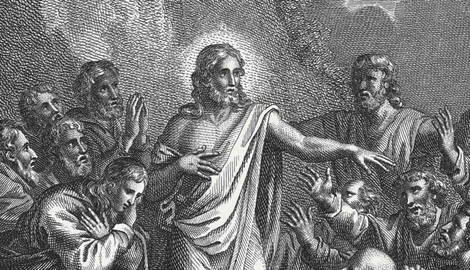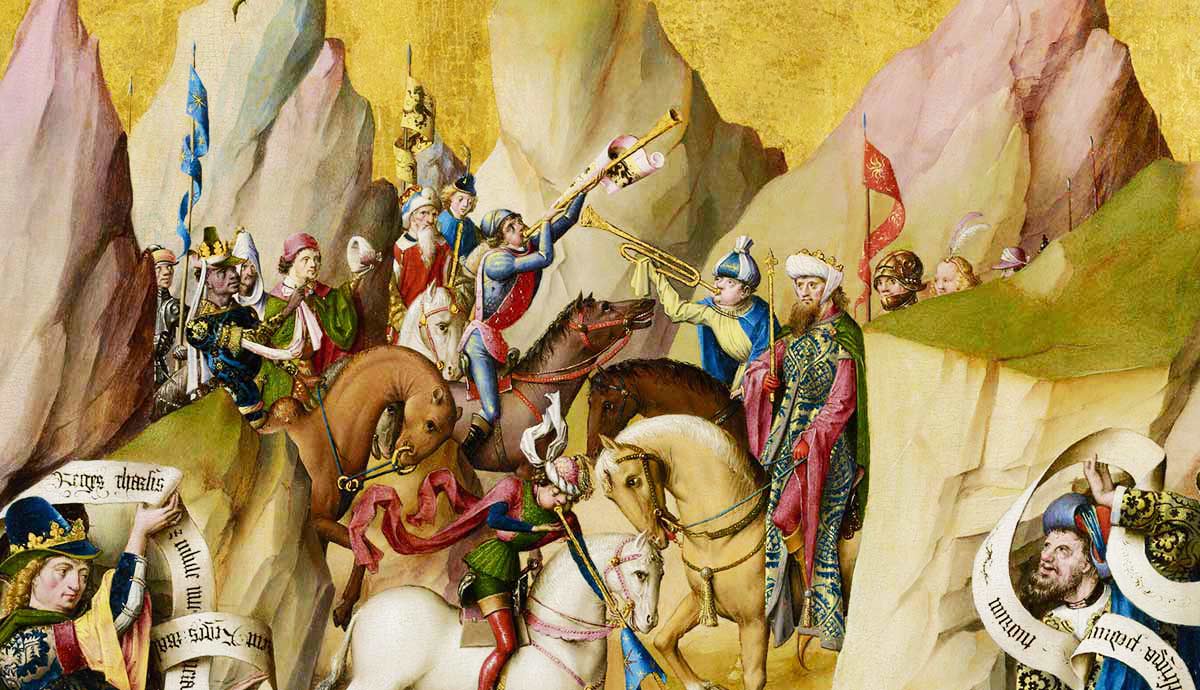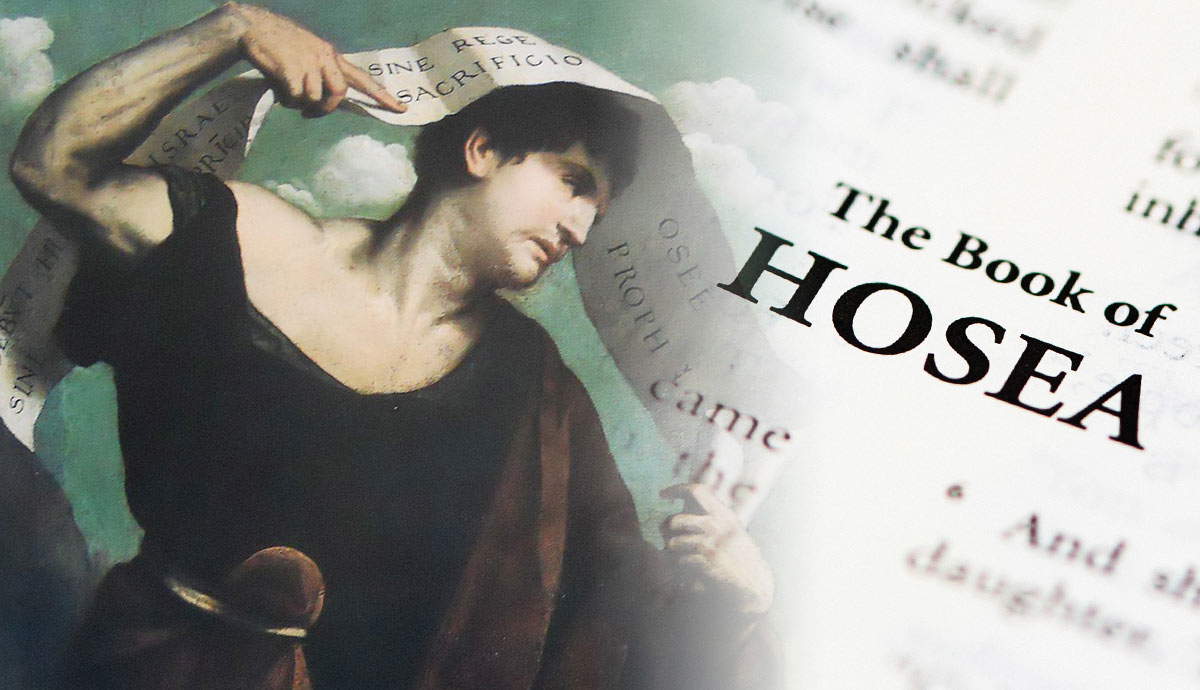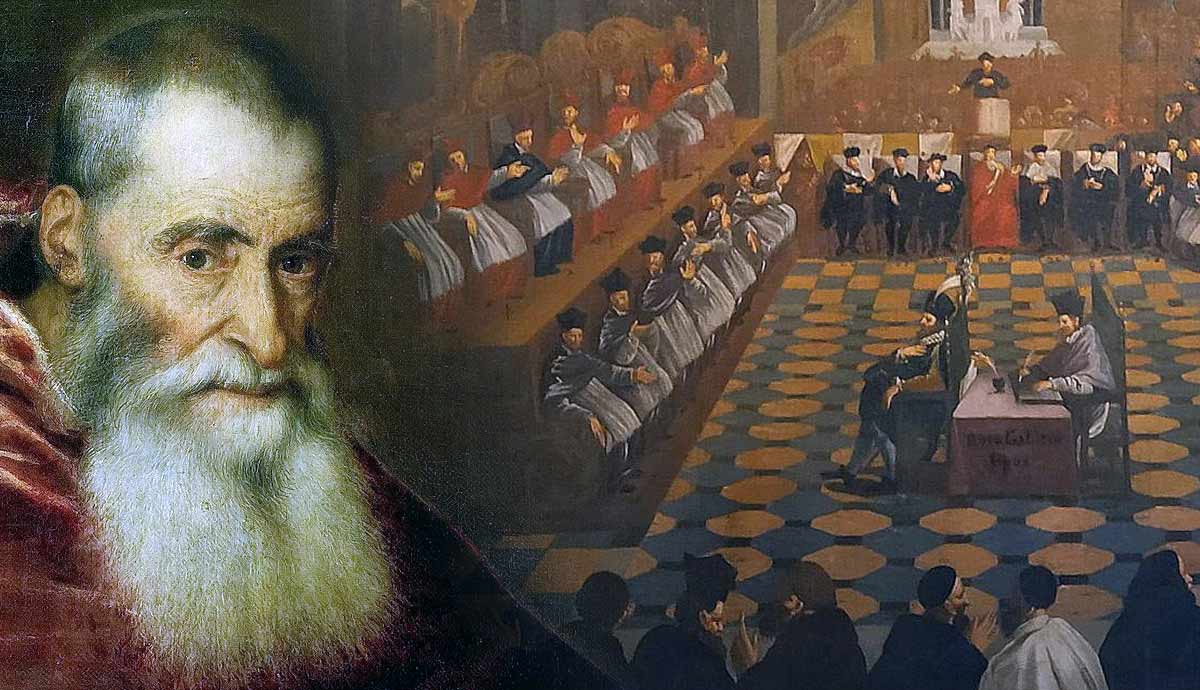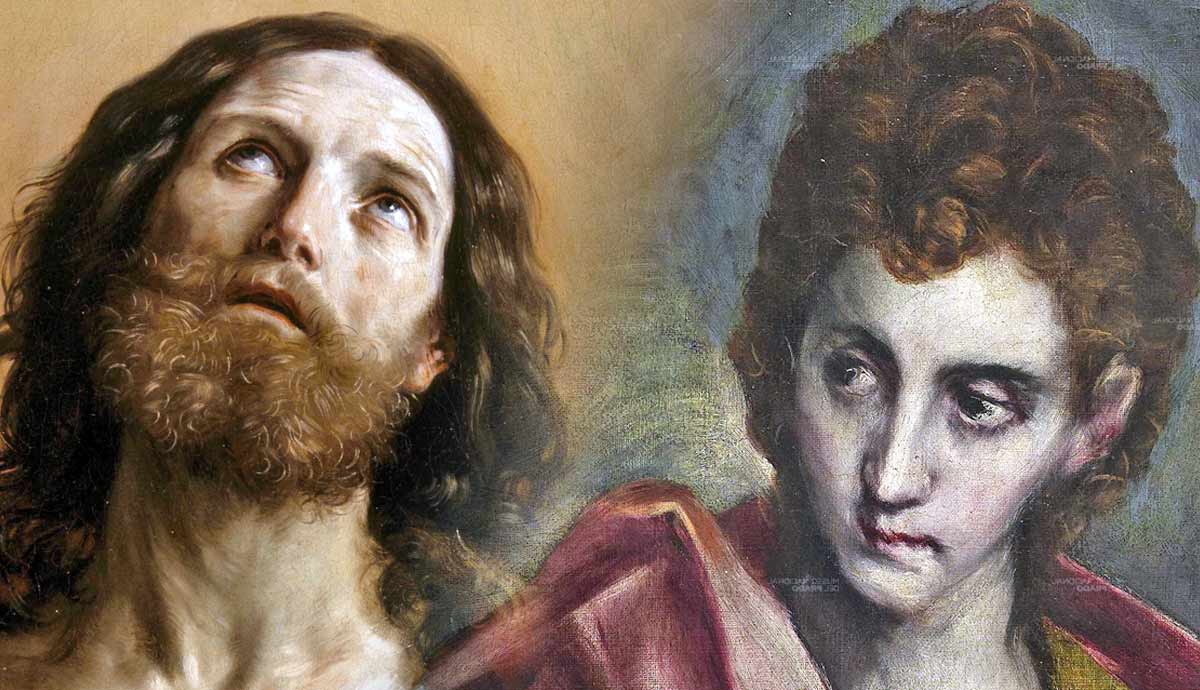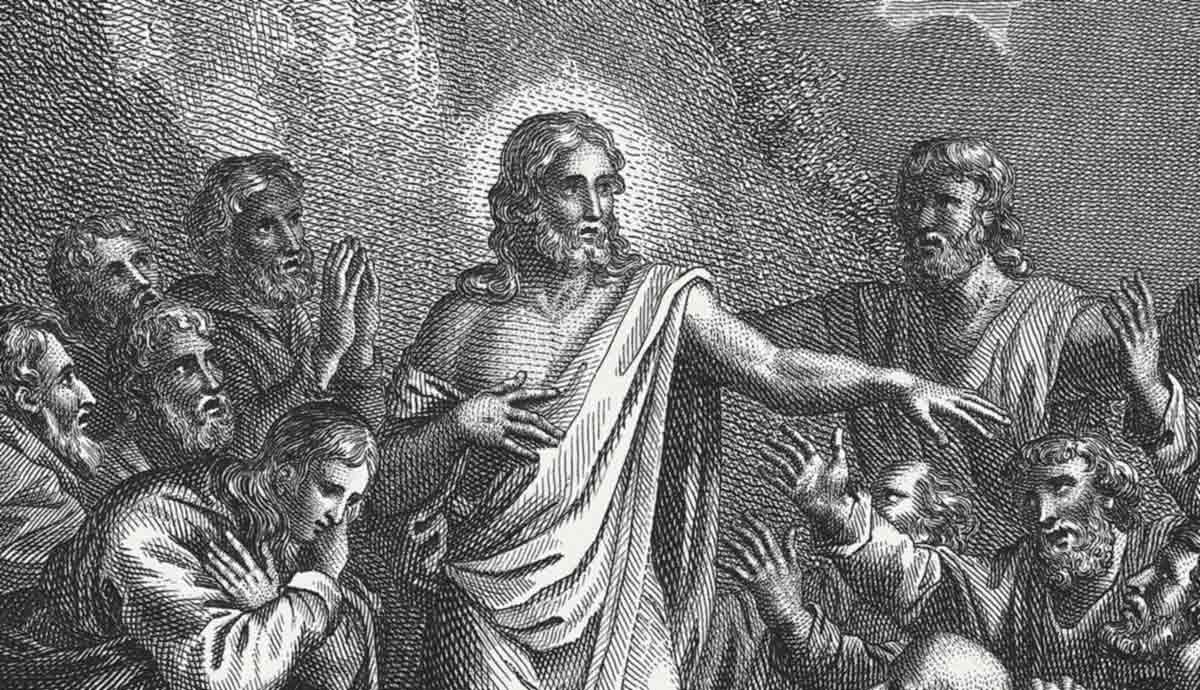
In the final verses of the Gospel of Matthew we find a passage that is often called “the Great Commission.” Matthew’s Gospel ends abruptly, with the resurrected Christ appearing to the disciples one last time and saying the words that would later become famous as the Great Commission before he ascends into heaven. These “famous last words” of Jesus have been a point of contention for many years because there are many different interpretations of them. It has interesting implications for how the Gospel message is carried forth.
What Is the Great Commission?

The story of Jesus’s life is captured in the first four books of the New Testament. Even though Jesus Christ’s life is the fulfillment of the Old Testament, the prophets, and the law, there are only four accounts of his life on earth.
Each one testifies that Jesus is who he claimed to be. The four Gospel books often overlap, with similar stories and trends echoing through all of them. The Gospel according to Matthew is one of these books, and that is where we find the Great Commission.
“Then the eleven disciples went to Galilee, to the mountain where Jesus had told them to go. When they saw him, they worshiped him; but some doubted. Then Jesus came to them and said, ‘All authority in heaven and on earth has been given to me. Therefore go and make disciples of all nations, baptizing them in the name of the Father and of the Son and of the Holy Spirit, and teaching them to obey everything I have commanded you. And surely I am with you always, to the very end of the age.’”
– Matthew 28:16-20, NIV
In this passage at the end of Matthew’s Gospel, Jesus is commissioning his followers. To commission someone is to give them a specific task. Someone might commission a painting from an artist, for example. In the passage, Jesus is giving the disciples the task of spreading the Gospel message.
Where Is the Great Commission in the Other Gospels?

Before we dive into the Great Commission’s content and meaning, there is something interesting to consider. What is rather strange about the Great Commission is that it seems to exist in Matthew’s Gospel alone! There are other instances where Jesus sends the disciples out, but these are not linked to his ascension. So, how did this passage become so important to the Church when it is not even found in all four Gospels?
This is how the other Gospels compare: the earliest manuscripts of the Gospel of Mark did not have the verses that we now see to parallel the Great Commission (Mark 16:14-20), so scholars believe that they are probably a later addition. The Gospel of Luke does not even include any verses that parallel the Great Commission but it does describe Jesus “blessing them” (Luke 24:51). In the fourth and final Gospel, John, the ascension is not described at all. Although not considered a full Gospel, the book of Acts describes the ascension as well, but no Great Commission is added there either.
The other Gospels do have accounts of Jesus commissioning people but they are never tied to his last moments on earth. Tying a commission to the ascension of Christ certainly contributed to the importance of the task the disciples were sent to do.
Where Did the Term “the Great Commission” Originate?

The popularity of the Great Commission is a fairly recent phenomenon. Even though this piece of scripture has always been there—ever since the Bible as we know it was penned down—the verses above were never titled as they are today. Today, Bibles literally have a heading above these verses that reads “The Great Commission.”
There are disputes as to where the term the Great Commission originated, but it is widely accepted that it was popularized by a British missionary, Hudson Taylor. It has mostly been used as a catchy term to describe missionary work and outreaches. The term that is just a man-made heading for a singular piece of scripture is often esteemed so highly that it is viewed as the summary of the whole Gospel.
This leads us to wonder: what do the “famous last words” of Jesus mean?
What Is the Content of the Great Commission?

When Jesus commissions the disciples he tells them why they should do it, how to do it, and who will do it with them:
1.
“All authority in heaven and on earth has been given to me.” (v.18)
By going to the cross and taking on the sins of all of mankind, Christ has defeated death. Since that day, the Kingdom of God has been breaking into the world bit by bit and will one day come to its fullness. This detail tells the disciples why they are being commissioned.
2.
“Therefore go and make disciples of all nations, baptizing them in the name of the Father and of the Son and of the Holy Spirit, and teaching them to obey everything I have commanded you.” (v.19)
Ordinary people who decide to follow Jesus (become disciples) are tasked to share the Good News with others. They are told to baptize people and teach them how to obey Christ’s teachings. This detail tells them how to do the work they are commissioned to do.
3.
“And surely I am with you always, to the very end of the age.” (v.20)
When Christ left, he promised to leave a comforter with the people. It is the Holy Spirit that empowers disciples of Christ to go out and share the message. This detail tells them who will help them to do the work they are commissioned to do.
The Misunderstanding of the Great Commission

An interesting thing to note about the Great Commission is that the first and third statements (about God) wrap around the middle statement (about man). This means that people were never supposed to take the mission into their own hands.
Yet, the way that the Great Commission has often been read has abandoned the statements about God and singled out the statement about man. Perhaps this started with the good intention of taking the task seriously but spun out of control.
While the Great Commission is a fun and catchy way to describe the Gospel message, it is not supposed to be seen as the end-all and it is not a suitable summary or replacement for the whole of Christ’s ministry. While the Great Commission is not a suitable way to capture the whole Gospel message, according to Jesus, “love” is (Matthew 22:36-40).
When this passage has been read on its own it has had serious implications for the way that mission has been done throughout history. Two things are missing from the way that the Great Commission is often read today.
The Great Omission in the Great Commission

Firstly, the Great Commission is often reduced to a single sentence, instead of the three sentences that make up the whole. Throughout history, people have loved to highlight verse 19: “Therefore go and make disciples…” But by doing so, the focus is placed on the disciple’s action (v.19) instead of Christ’s authority (v.18) and empowerment by Spirit (v.20).
This view is problematic because it places the disciple alone on their mission in the world. Instead of going with God and being led by the Spirit, the missionary believes they have to do it all by themselves. Furthermore, this perspective on the Great Commission is responsible for unfortunate instances where missionaries do not handle the culture and beliefs of the people they are reaching with the love that Christ embodied.

The second problematic view is found in the first two words of the same verse (v.19): “Therefore go…” It is common for people to forget that the modern Bible is a translation from the original Greek. The original wording here is not a task (“Go!”), it is saying: “As you are going…” or “Having gone then…”
This translation led to the view that the mission is an event instead of a whole lifestyle. The Great Commission became a slogan for missionaries and pastors while it was meant for all who believe in Christ to share the Gospel “as they are going” about their lives.
What Was Lost When the Great Commission Was Misinterpreted?

The extraordinary revolution of Christianity through the ages is an awe-inspiring story, but not a pretty one. Since the days of Christ, his followers disconnected further and further from the true meaning intended behind the words in the Great Commission.
Despite its popularity among Christians today, very few stop to consider what the Great Commission is really all about. These “famous last words” of Jesus Christ have been raised on banners and printed on bumper stickers without much regard for where they come from or what they truly mean.
It is interesting that the Great Commission only appears in the Gospel of Matthew while so many other Bible stories are paralleled in many of the Gospels. This does not necessarily mean it did not happen, but it should make us wonder if this was the most important detail of Christ’s ascension. Perhaps not since it was left out of the other Gospels.
Furthermore, as we have explored, the reading of the Great Commission has often been problematic too. Some have completely abandoned the key verses indicating Christ’s authority and the Spirit’s presence; others have read it as describing an event instead of a whole life change. These common misconceptions around the Great Commission might be to blame for some of the serious ailments found in the historical and modern Church.
